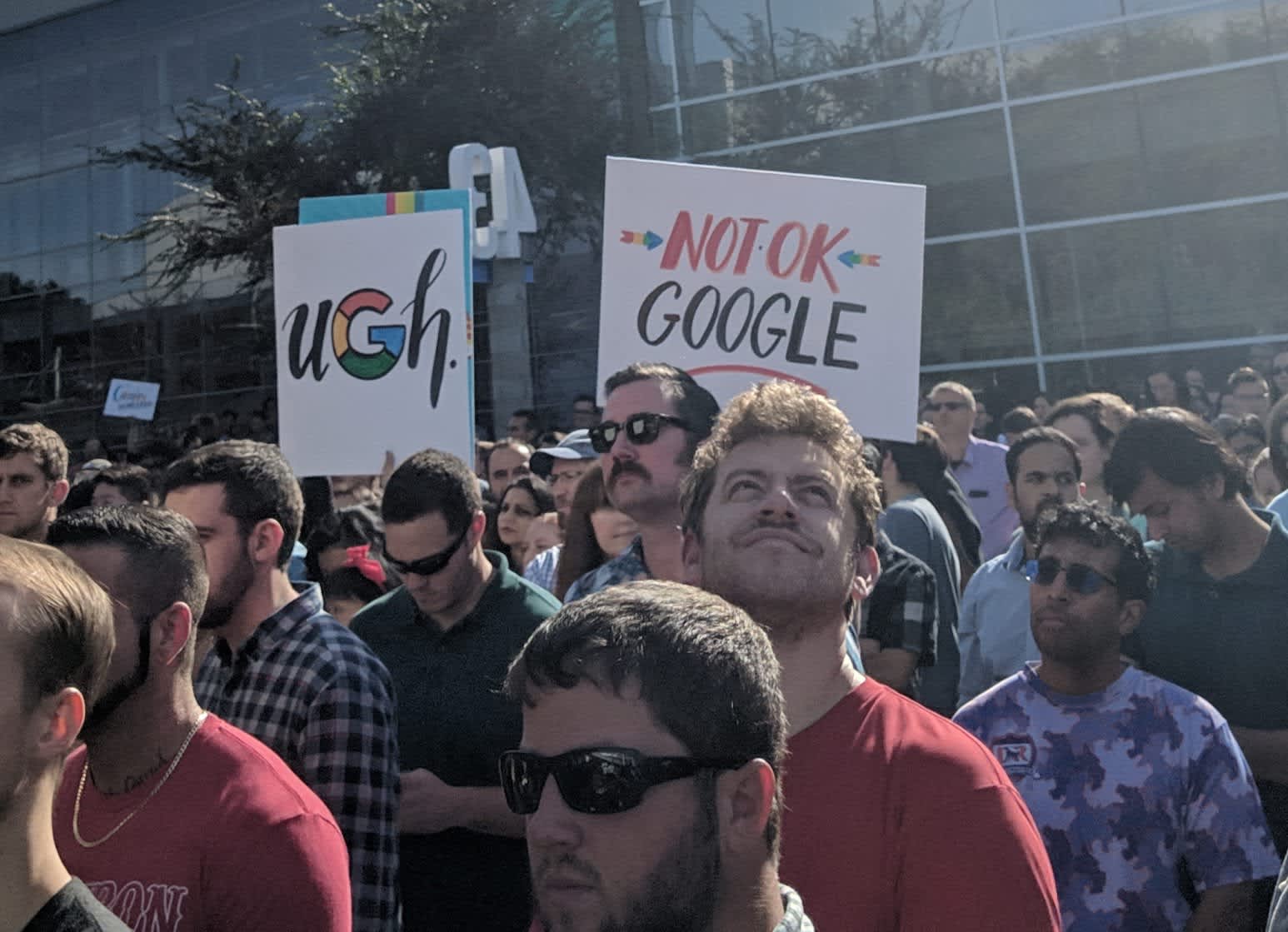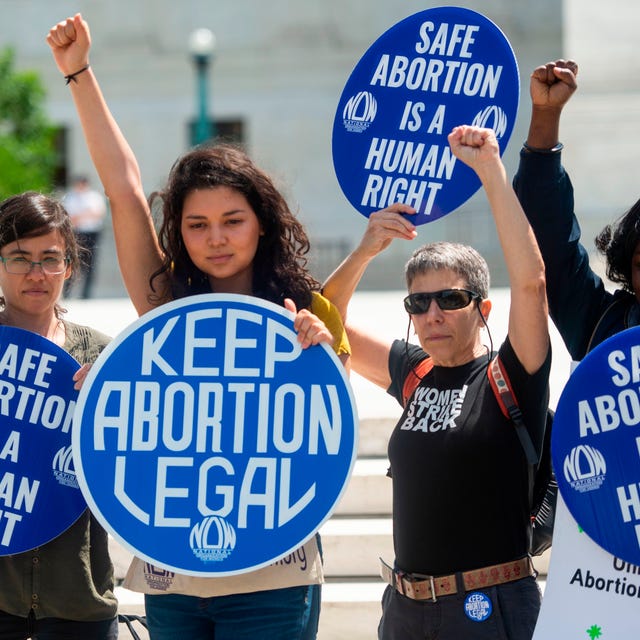
As they push forward to fill a Supreme Court vacancy shortly before a presidential election, Republicans are putting on a master class in hypocrisy. A new report on self-proclaimed socially responsible corporations reminds us that the tendency to say one thing and do another can also be seen in the world of business.
The study, produced by consulting firm KKS Advisors and an initiative called Test of Corporate Purpose (TCP), looks at large corporations that were signatories to a much-ballyhooed statement issued in 2019 under the auspices of the Business Roundtable. That statement was meant to give the impression that big business is no longer concerned only with maximizing returns for shareholders and is promoting the well-being of other stakeholders such as employees.
Some of us responded to the Roundtable’s statement with skepticism, but KKS and TCP decided to put the 181 signatories to the test, looking at their behavior in dealing with the pandemic and the problem of inequality. Basing its analysis on news coverage of corporate actions, the report compared signatories and non-signatories on topics such as workplace safety, healthcare access, wage levels, diversity and environmental justice. The evaluations used data prepared by Truvalue Labs using the framework of the Sustainability Accounting Standards Board.
The report’s conclusion is that signatories were slightly less likely to respond in a responsible way to the pandemic and slightly more likely to do so with regard to inequality—in other words, endorsement of the Roundtable statement did not make a big difference one way or the other. KKS and TCP put it this way: “our results suggest that corporate commitments to purpose are less informative about a company’s future performance on social and human capital issues than other indicators. What matters more is whether a company has a strong track record of proactively managing issues that may become material during a crisis, and whether a company is an early responder on relevant issues during a crisis.”
I’m not sure exactly what is meant by “proactively managing issue” and being an “early responder” may be a good or bad thing depending on the nature of the response. I also think the report goes too far in trying to use news coverage to assess and rank corporate behavior.
My preference is to use concrete evidence relating to corporate behavior—especially the extent to which companies have been found to be violating regulations relating to the workplace, the environment, consumer protection, etc.
When the Roundtable statement was initially released, I ran the names of the signatories through Violation Tracker and found that they accounted for more than $197 billion in cumulative penalties, with 21 of them having penalty totals of $1 billion or more.
Serious violators can also be found among the companies—both signatories and non-signatories—that receive the highest ratings in the KKS-TCP report, which groups the firms into four quartiles without listing specific scores. For example, included in the quartile with the best ratings is drug giant Novartis, which according to Violation Tracker has paid more than $1.5 billion in fines and settlements over issues such as the promotion of drugs for purposes not approved as safe by the Food and Drug Administration.
That figure will increase to more than $2 billion next week when the database is updated to include recent cases such as one in which Novartis paid $642 million to settle Justice Department allegations relating to kickbacks and other illegal payments. Also in the first quartile are other repeat offenders such as the French bank BNP Paribas, whose Violation Tracker penalty total is more than $12 billion.
Until large corporations end their unlawful conduct, they have no claim to being models of social responsibility.





 There have been times during the past 14 months when some people might have been tempted to regard big business as part of the anti-Trump resistance, based on the public stances that some chief executives have taken in response to the president’s more outrageous statements. A new
There have been times during the past 14 months when some people might have been tempted to regard big business as part of the anti-Trump resistance, based on the public stances that some chief executives have taken in response to the president’s more outrageous statements. A new  The Trump Administration would have us believe it is all about helping workers. Yet it has a strange way of showing it. Policies that directly assist workers are under attack, and all the emphasis is on initiatives that purportedly aid workers indirectly by boosting their employers.
The Trump Administration would have us believe it is all about helping workers. Yet it has a strange way of showing it. Policies that directly assist workers are under attack, and all the emphasis is on initiatives that purportedly aid workers indirectly by boosting their employers.
You must be logged in to post a comment.